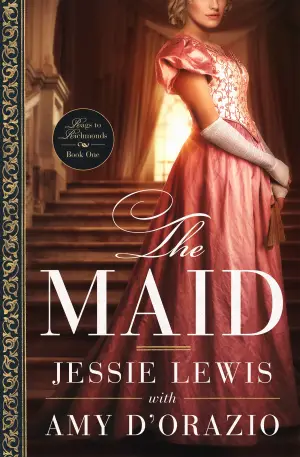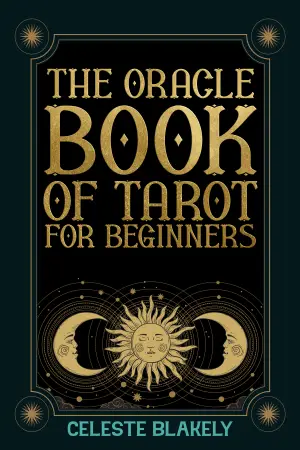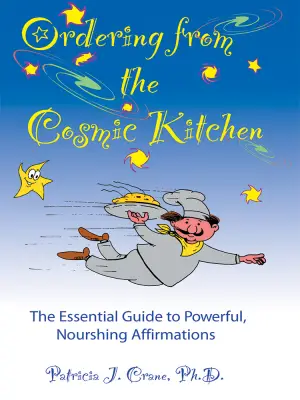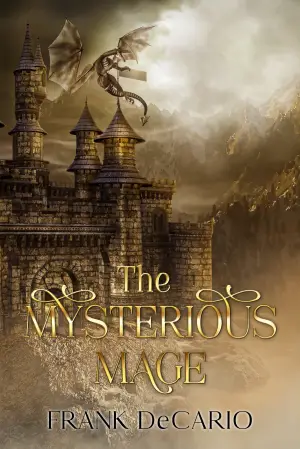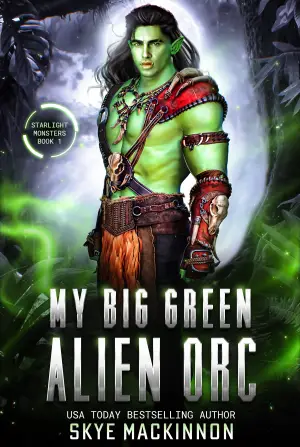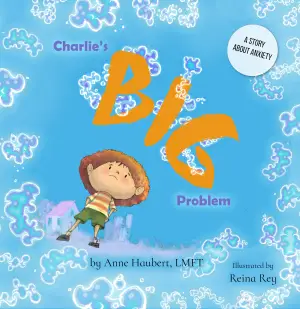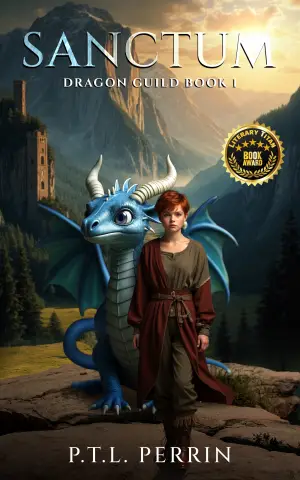Exploring New Horizons: A Review of Old Futures: Speculative Fiction and Queer Possibility
When I first encountered Old Futures: Speculative Fiction and Queer Possibility by Jacob Edward Lothian, the intertwining of speculative fiction with examinations of gender, race, and sexuality sparked an undeniable curiosity in me. It’s not every day that you come across a book that promises to traverse the imagined futures from the 1890s to the 2010s and beckons you to see not just where we might go, but also how far we’ve come—and who has been left behind in the societal shuffle.
Lothian’s work artfully stitches together a rich tapestry of narratives that range from stimulating feminist utopias and dystopias to the vibrant pulse of Afrofuturism. Through each chapter, Lothian invites us into a world where the act of speculation becomes a powerful tool for reimagining our present. I was particularly struck by how seamlessly the author navigates through a complex past while drawing important connections to the contemporary discourse around queerness. The book doesn’t shy away from addressing the darker aspects of speculative fiction—eugenics, imperialism, and the oppression embedded in dystopian narratives—but rather embraces them, weaving a counterhistory that amplifies voices historically sidelined. It’s a reminder that futures are not just dreamed up; they are actively constructed or destructed.
Lothian’s writing style reads like a conversation with a dear friend who is enthusiastic yet deeply knowledgeable. He manages to strike an ideal balance—inviting and scholarly, intimate yet cautiously investigative. The pacing encourages you to pause and reflect; I found myself dog-earing pages not only to mark important quotes but also to give myself a moment to digest profound ideas. One standout line that resonated with me was, “Queer possibilities emerge when we practice the art of speculation,” a sentiment that has lingered with me long after I turned the final page. It captures the essence of what Lothian is advocating for—the ability to dream beyond the boundaries of conventional futures.
Given the varied narratives—from Samuel R. Delany’s thought-provoking works to the groundbreaking landscapes of shows like Sense8—Lothian compels us to not only look back but also to envision the myriad ways we can reshape our futures. Each chapter offers something unique, and it’s clear that the breadth of research and passion Lothian channels into this text is exceptional. It’s a treasure trove for anyone engaged in queer studies, feminist theory, or speculative fiction, but I also found it to be an enriching read for anyone curious about societal structures and how they can be transformed.
In conclusion, I wholeheartedly recommend Old Futures to anyone passionate about reimagining the future through the lens of queerness and social justice. Whether you’re an academic or simply interested in exploring the boundaries of speculative fiction, Lothian offers profound insights that can incite reflective conversations. My reading journey through this book not only broadened my understanding of speculative futures but also gave me a renewed sense of hope: that rethinking what lies ahead can indeed spark transformative change in the here and now. This book doesn’t just inspire; it challenges us to participate in the art of speculation, ensuring that our futures are both inclusive and hopeful.
You can find Old Futures: Speculative Fiction and Queer Possibility (Postmillennial Pop, 10) here >>

